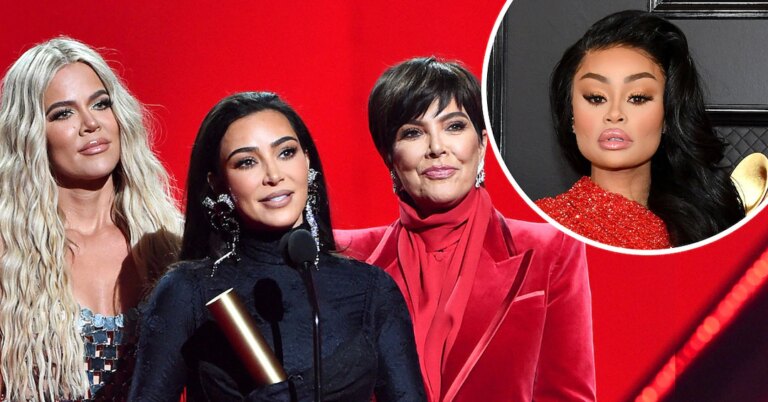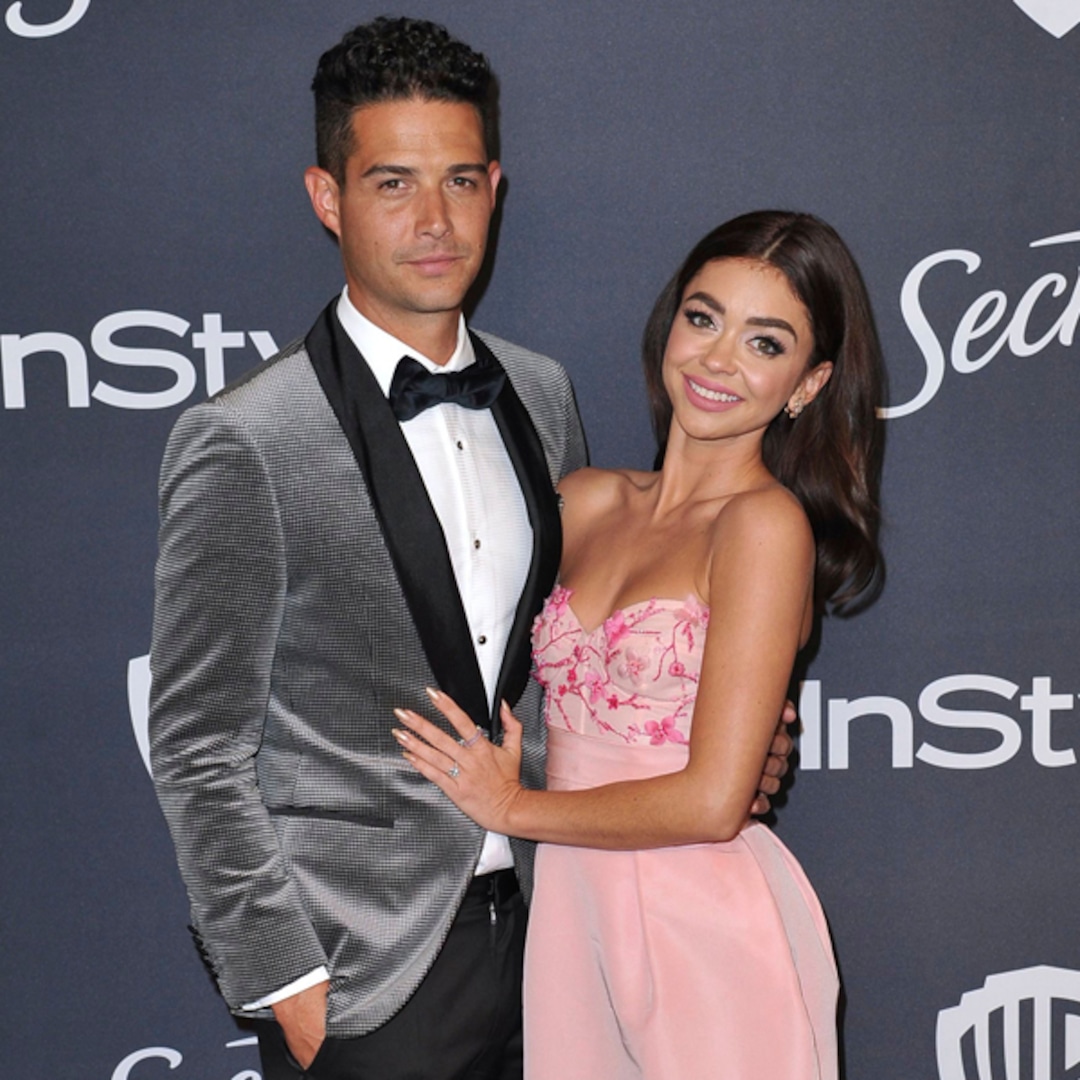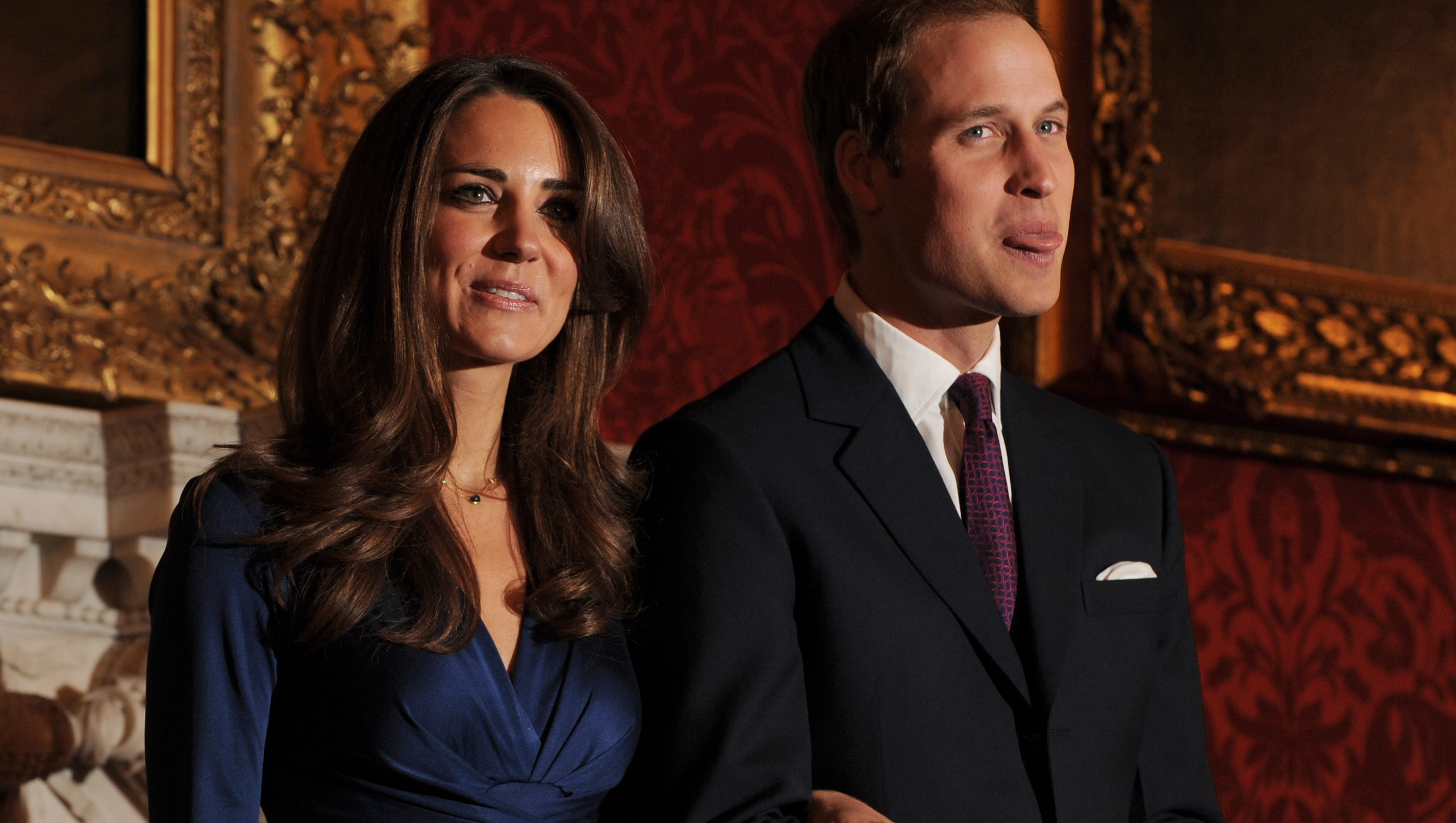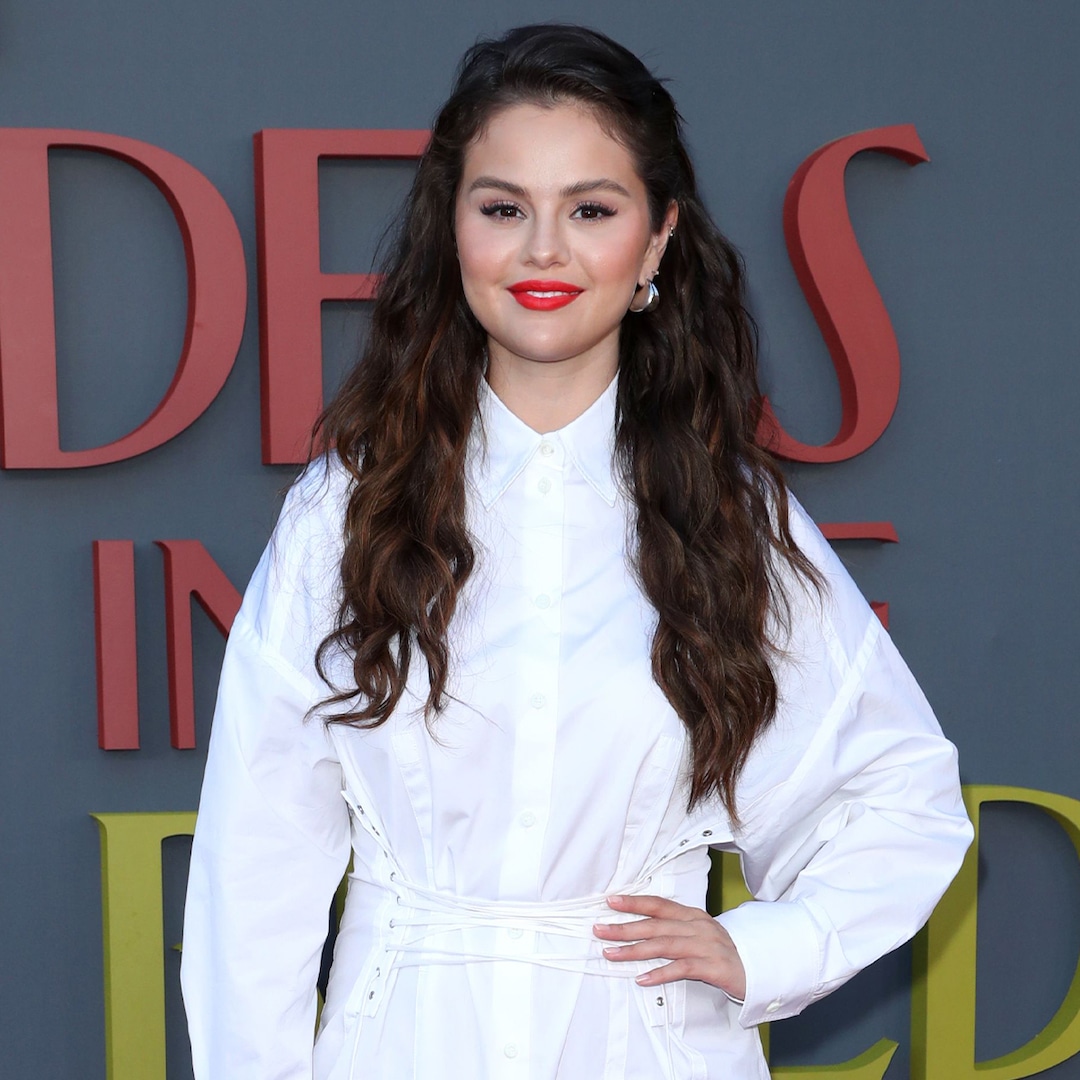Meet Emily Reynolds Bergh, Brains of Celebrity Crisis Communications – Hollywood Life
“Celebrity is a construct.” You’ve probably heard this phrase before, but what does it really mean? Surely, the famous faces seen on movie and TV screens, in athletic competitions, and on stage are just regular people living extraordinary lives … right?
Yes and no. Celebrities ascend to a level above the status of mere people to become brands: carefully curated personas designed to appeal to the broadest possible audience. They are backed by teams of professional communicators, stylists, and image-makers who craft their aesthetic look and their digital presence and decide which publications they will speak to and which shows they will go on. And, of course, when crises arise, celebrities are “handled” by their team. Never underestimate the influence of PR professionals on celebrities.
Emily Reynolds Bergh, founder of R Public Relations, was kind enough to sit down with us to discuss all things celebrity PR — particularly crisis communications. Emily has worked with many celebrities under fire, including NBA players, hotel chain owners, and others amid high-profile crises.

Emily and her team are adept at navigating complex crisis communications, from managing the delicate balance between empathy and apology to the lightning-fast media response time required to skillfully address brewing situations. “Celebrity crises often involve personal issue that require a more personalized approach than corporate crises,” Emily shares. “That’s why celebrity crisis communications is, in my opinion, the most challenging facet of PR to master.”
The strategy that Emily applies to celebrity crisis communications is twofold: First, every step of the process is individualized to the celebrity coming under scrutiny; and second, communications are dispatched promptly — timeliness really is of the essence in this area of PR. To achieve exceptional results for each of her clients, she steadfastly follows five guidelines.
- Personalization and Sensitivity: Because celebrity crises are highly personal in nature, they warrant a more sensitive, nuanced approach than corporate crises or everyday lifestyle PR. Understanding the unique nature of the celebrity’s brand and image is pivotal, so thorough research and social listening are integral. The knowledge gleaned from this step should be combined with the campaign’s overall goal to achieve maximal results.
- Close Collaboration with the Celebrity: Unlike corporate or lifestyle public relations, where the focus is on the business and its results, celebrity communications focus on an individual’s personal brand. Firms like R Public Relations work with various corporate stakeholders, but when it comes to celebrities, one-on-one contact and collaboration are essential. Part of Emily’s job is attaining buy-in from the celebrities who hire her to ensure that all their brand representation and messaging are not only cohesive and on point, but feel genuine to the individual — to their voice and values. So knowing the celebrity’s background, preferences, and communication style is vital to the process of effective crisis management.
- Timeliness: The speed of response often needs to be much faster in celebrity crisis communications than in other forms of PR due to today’s rapid dissemination of information on social media and the 24/7 news cycle. Quick decision-making and action plans are critical to controlling the narrative and paramount to maintaining the celebrity’s reputation.
- Full-Circle and 24-Hour Touch Points: Managing social media and digital press coverage of clickbait-y celebrity crises calls for a distinctive, refined touch. This involves monitoring, responding to, and, when necessary, engaging directly with followers to mitigate negative commentary and reestablish professionalism and tact. Maintaining a close relationship with the celebrity throughout the crisis cycle will be helpful when the PR team needs to respond to something in the moment.
- Uniqueness and Creativity: A particular crisis communications strategy should feel unique to the celebrity at hand and aligned with how the public views them if it is to resonate with the audience being addressed and produce the intended outcomes. The PR team’s role here is to creatively shape the campaign’s intention to the individual’s brand in such a way that it both protects their name and aims to maintain their industry standing. Truthfulness and authenticity weigh heavily here — the public is quick to sniff out a game plan that feels fabricated or disingenuous.
Although these steps remain the same from crisis to crisis, Emily emphasizes that the process will fluctuate between celebrities. Approval procedures will vary depending on the situation, the celebrity’s input, and the team working with them. While some celebrities may prefer to be more hands-on, others may delegate most of the decision-making to their communications team.
Regardless, the speed of action remains crucial, so Emily ensures that approvals can be streamlined to allow for quick responses at any time of the day.
With dozens of favorable celebrity crisis campaigns under her belt, Emily proffers that the key to appropriate celebrity crisis communications is understanding the singular nature of the situation and the individual involved, then tailoring the response accordingly.
“Just because the person is a celebrity doesn’t mean they are not a fallible, vulnerable person,” Emily says. “This is a real situation they are dealing with, often fueled by emotion. Take the proper steps, channel empathy, and drive through the process. A sense of urgency and understanding almost always leads to success.”
In the digital age, crisis communications have become trickier to manage. Celebrities often have Instagram accounts, TikTok accounts, YouTube channels, newsletters, websites, and more, and attending to negative messages in all these places can be a doozy on top of traditional and digital media outlets.
In some cases, Emily and her team have had direct access to the celebrity’s social media accounts, but that is only for the most drastic situations. Usually, they can work with the social media professionals behind the accounts to suggest proper messaging and response tactics. The goal is often to limit content or offer a specific callout post. Either way, owned channels like
social media are essential to managing a celebrity’s reputation. They should be leveraged (albeit with restraint) during times of crisis, even if the celebrity isn’t typically active online.
Although Emily has found a successful niche in handling celebrity crisis communications, her firm’s work is not limited to this field. She represents clients in a diverse array of sectors, including food and beverage, hospitality, tourism, entertainment, retail, wellness, finance and real estate, and nonprofits. She and her team provide proactive pitching, event management, brand promotion, social media content creation, and much more for a rotating list of nearly 30 clients daily. Celebrity crisis communications is just one element of her firm’s suite of services, but Emily says she applies her wider skill set to her crisis campaigns when they do come along.
As more digital channels pop onto the scene and more people — from social media influencers to activists to budding artists — find themselves in the limelight, celebrity crisis communications will surely become more relevant than ever. So R Public Relations will keep doing what it always does to stay on the leading edge: growing, learning, evolving, and applying a truly personalized approach to the very specialized field of crisis communications.
Check out our Latest News and Follow us at Facebook
Original Source







